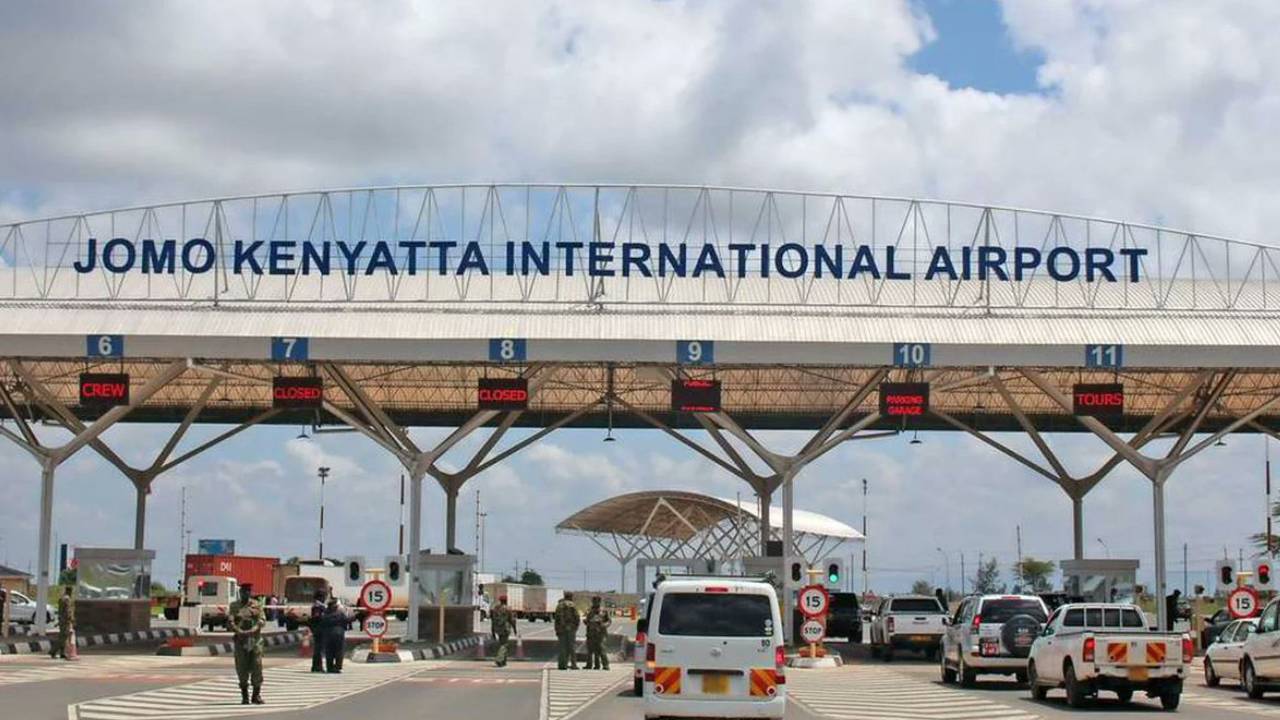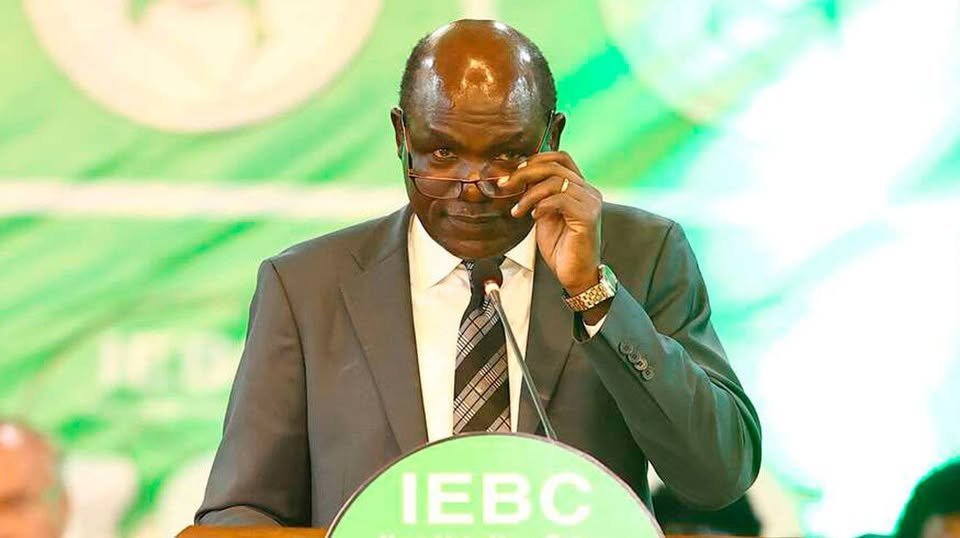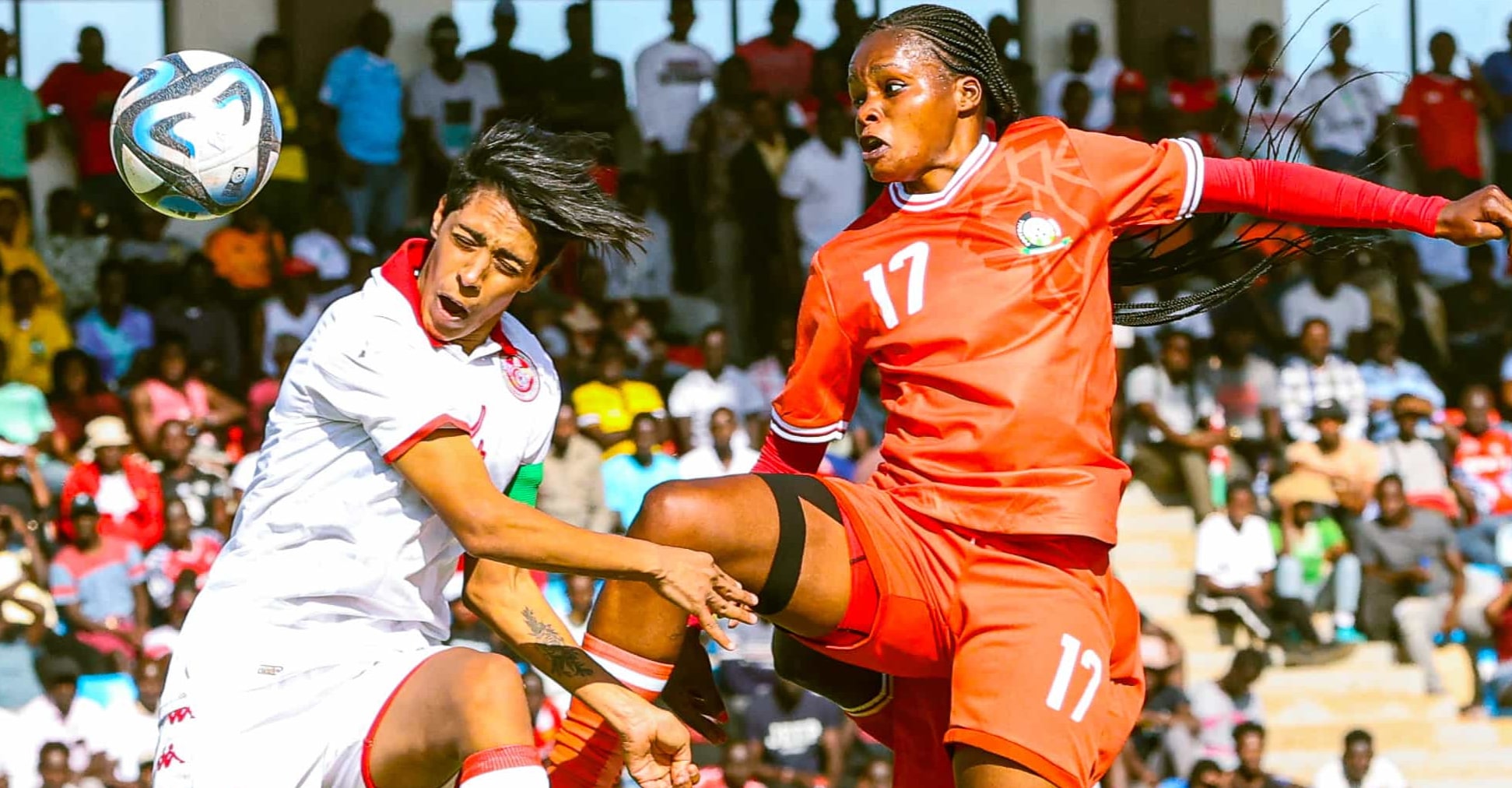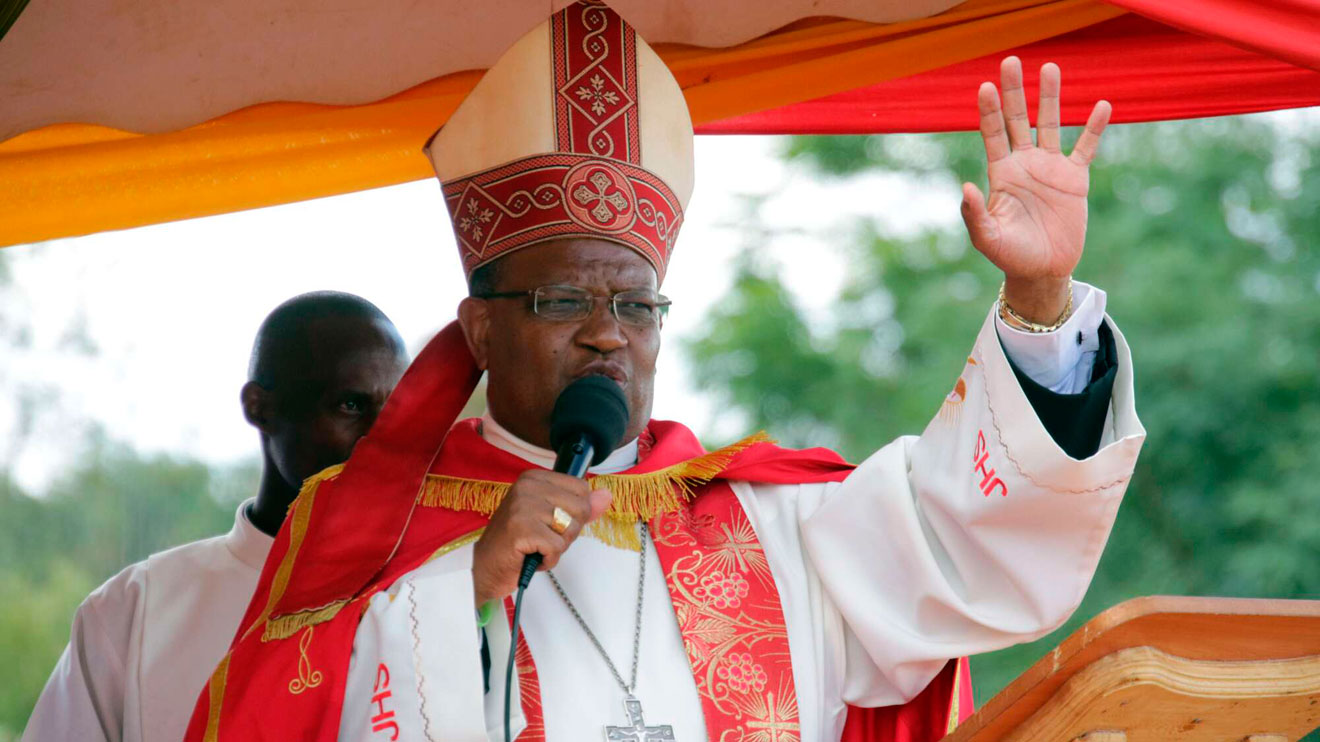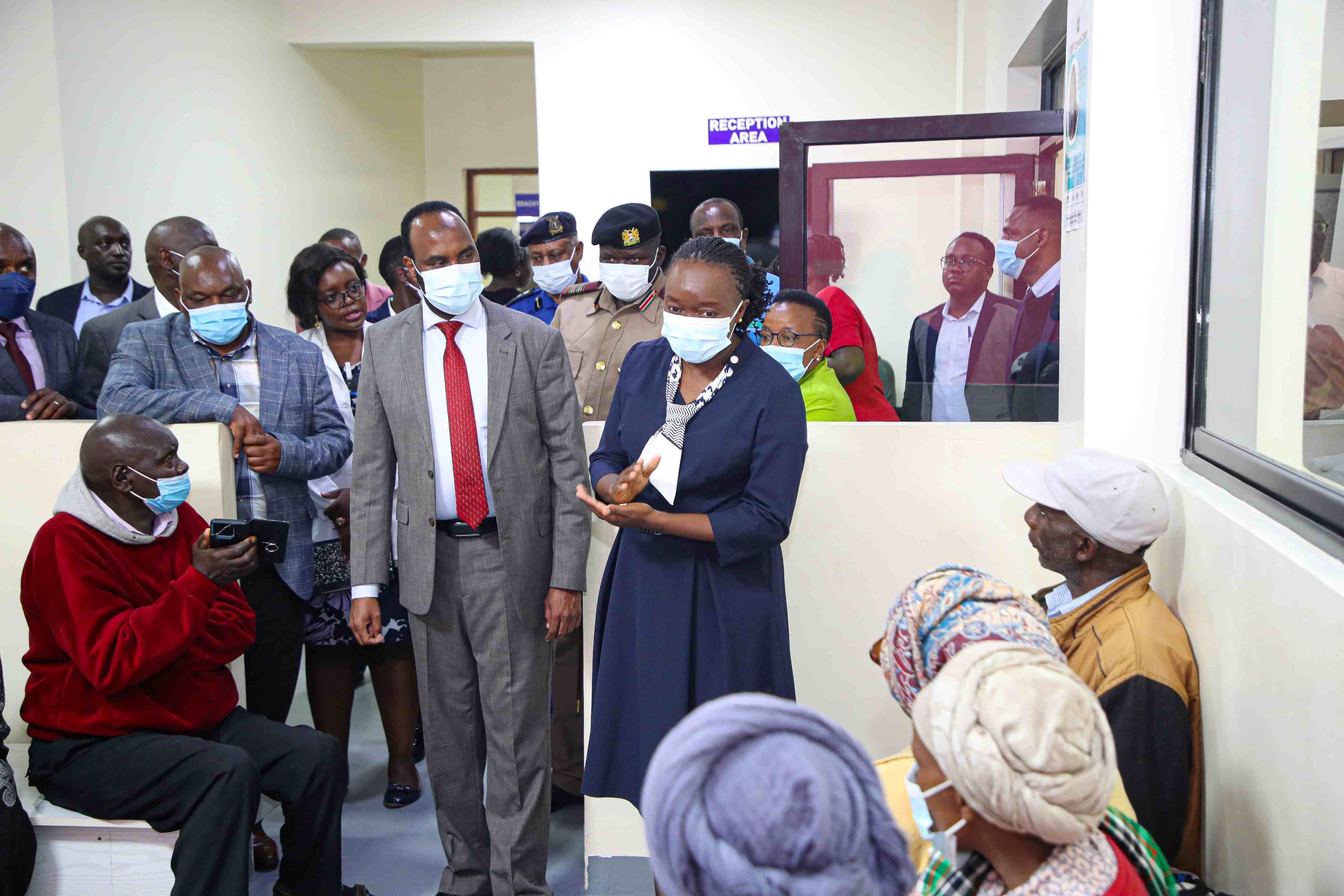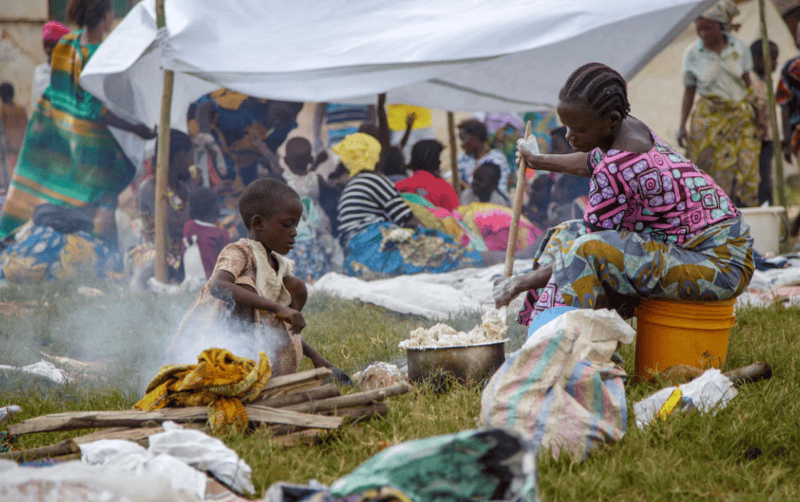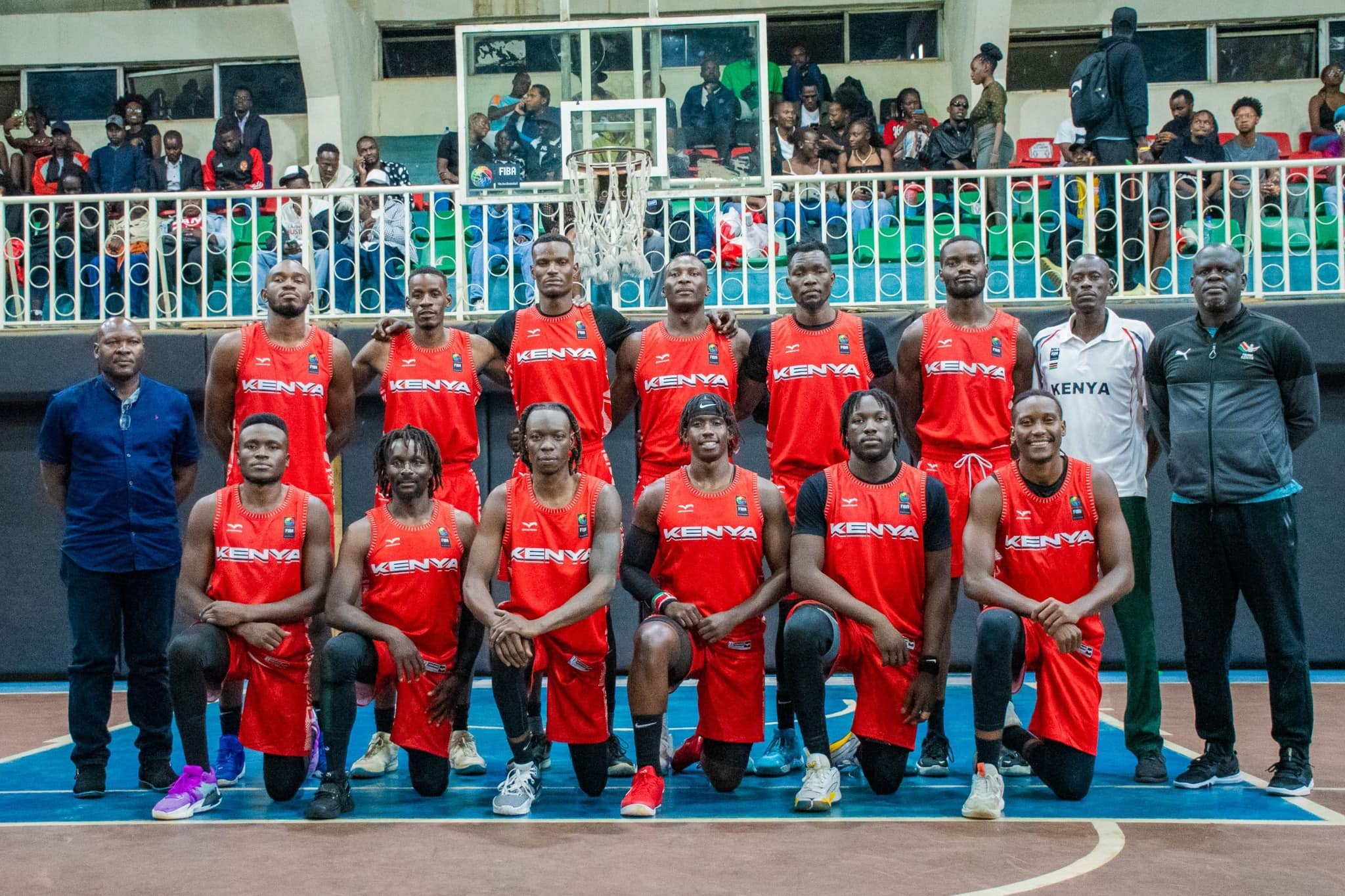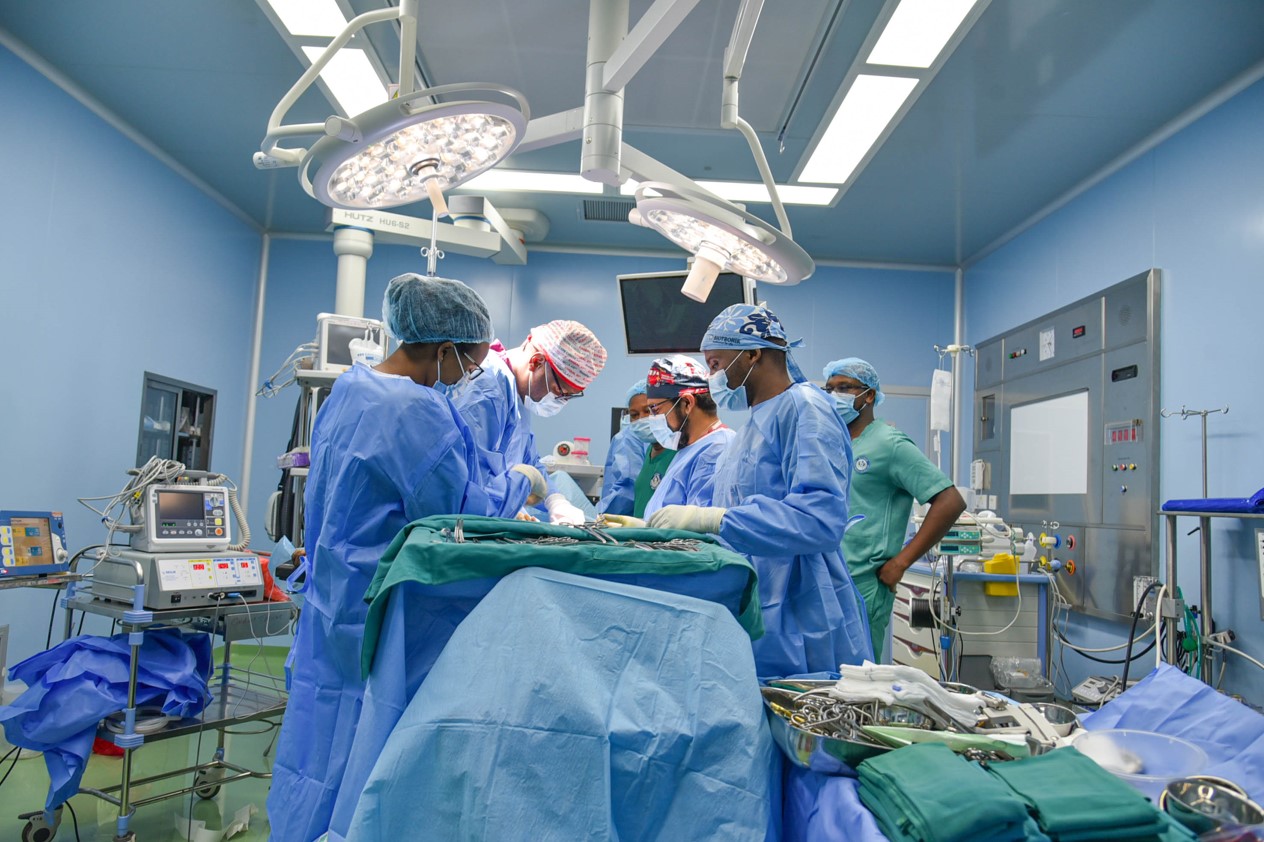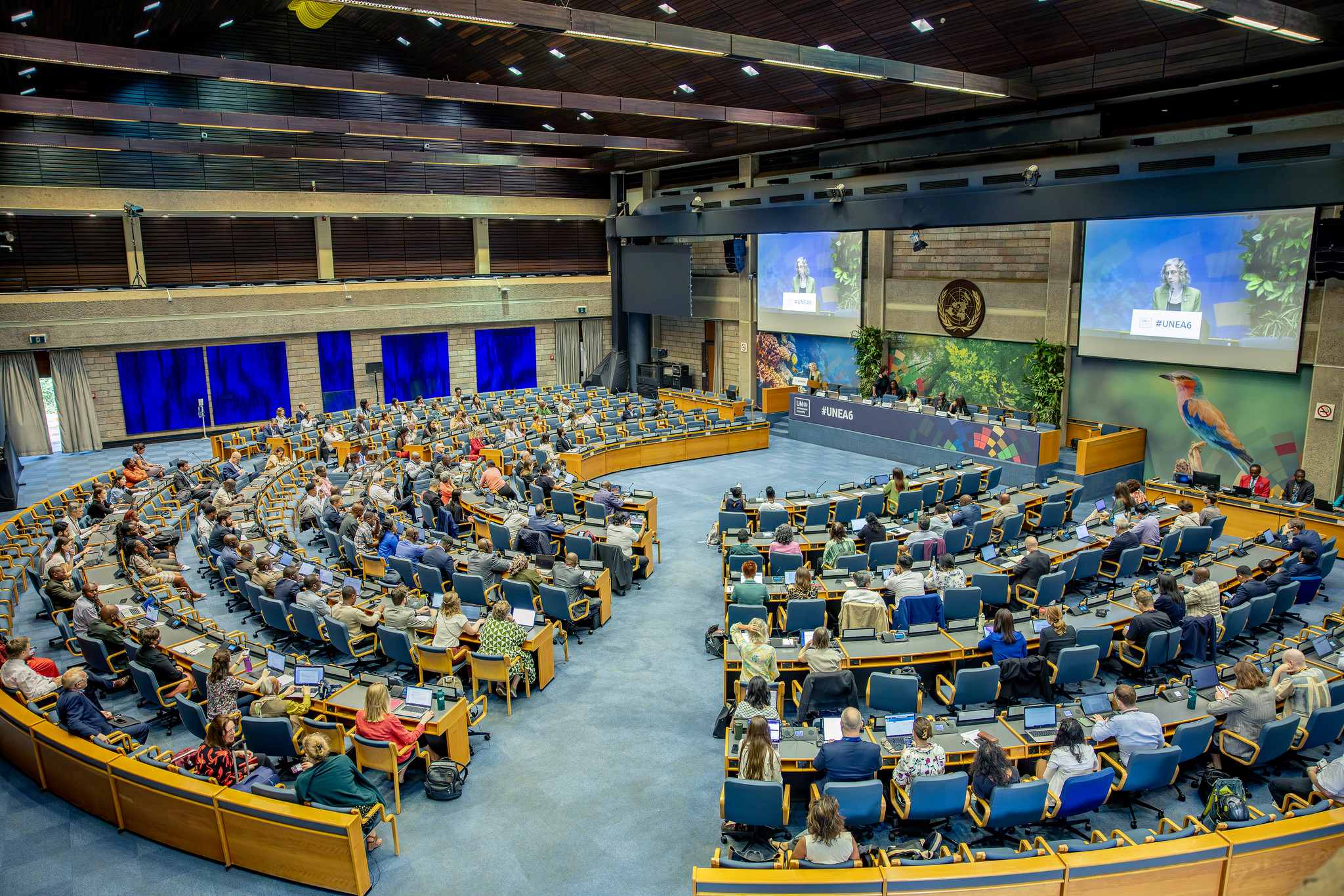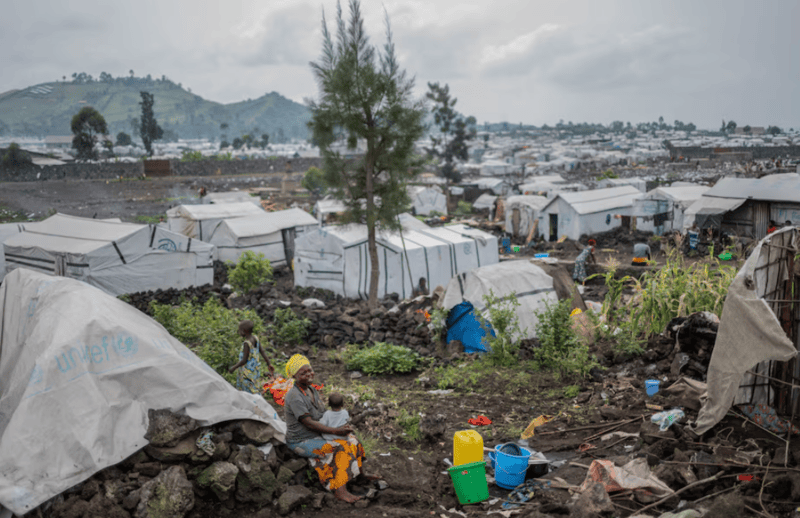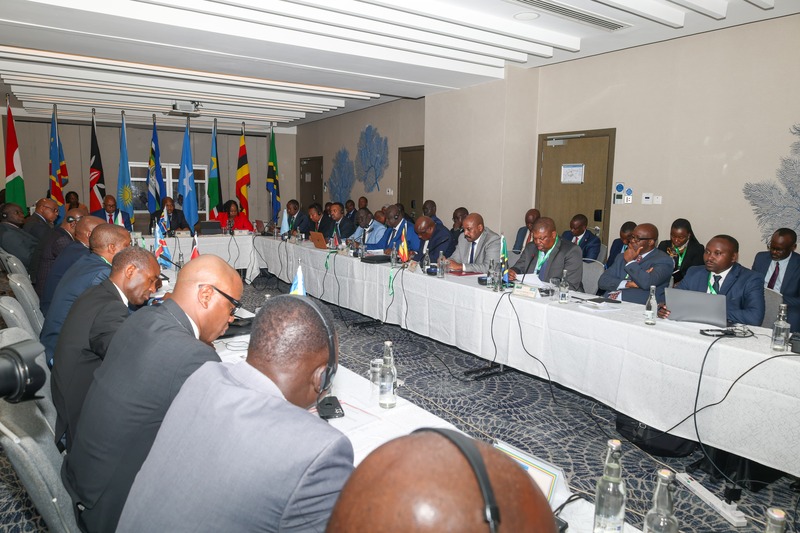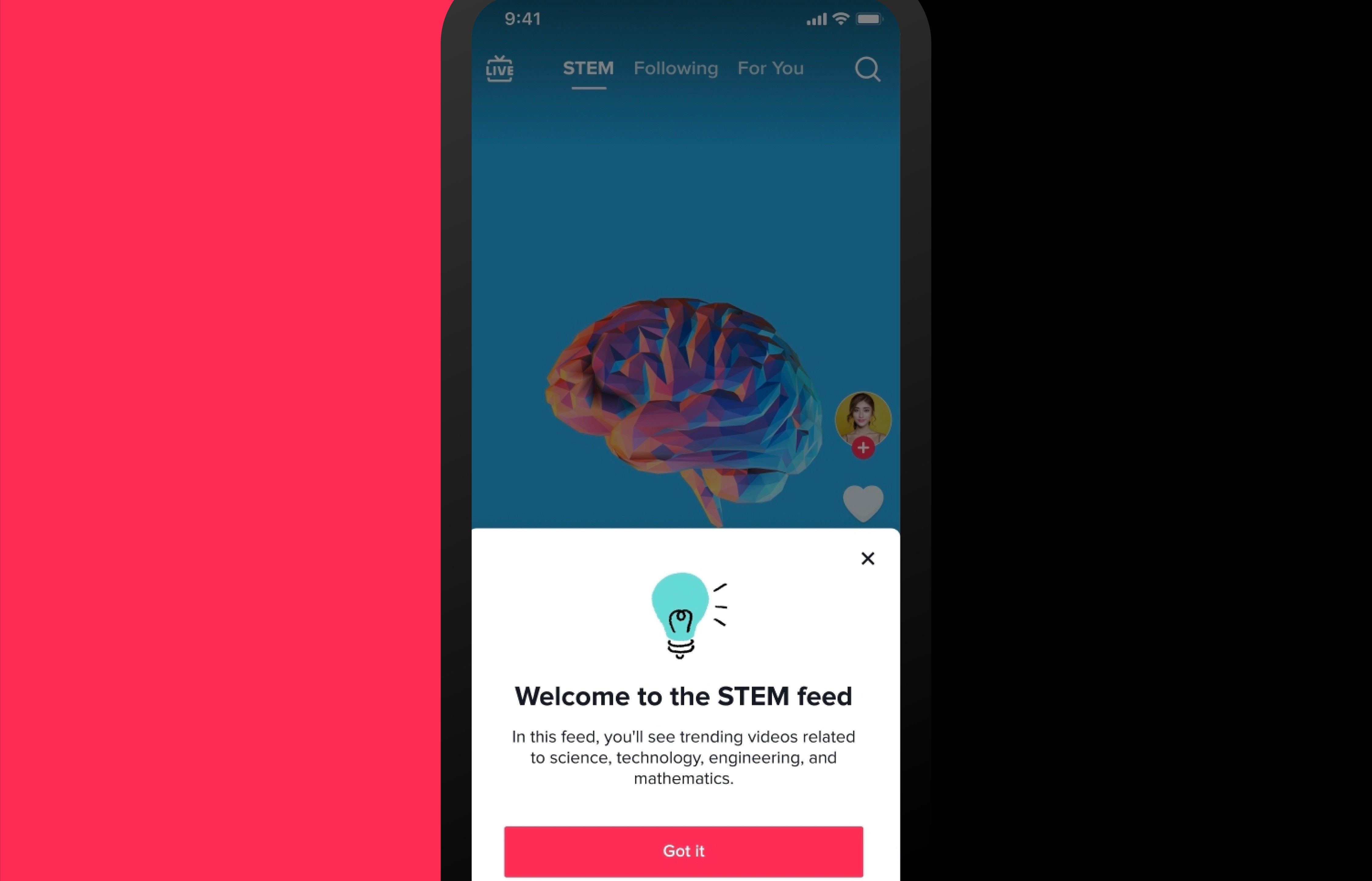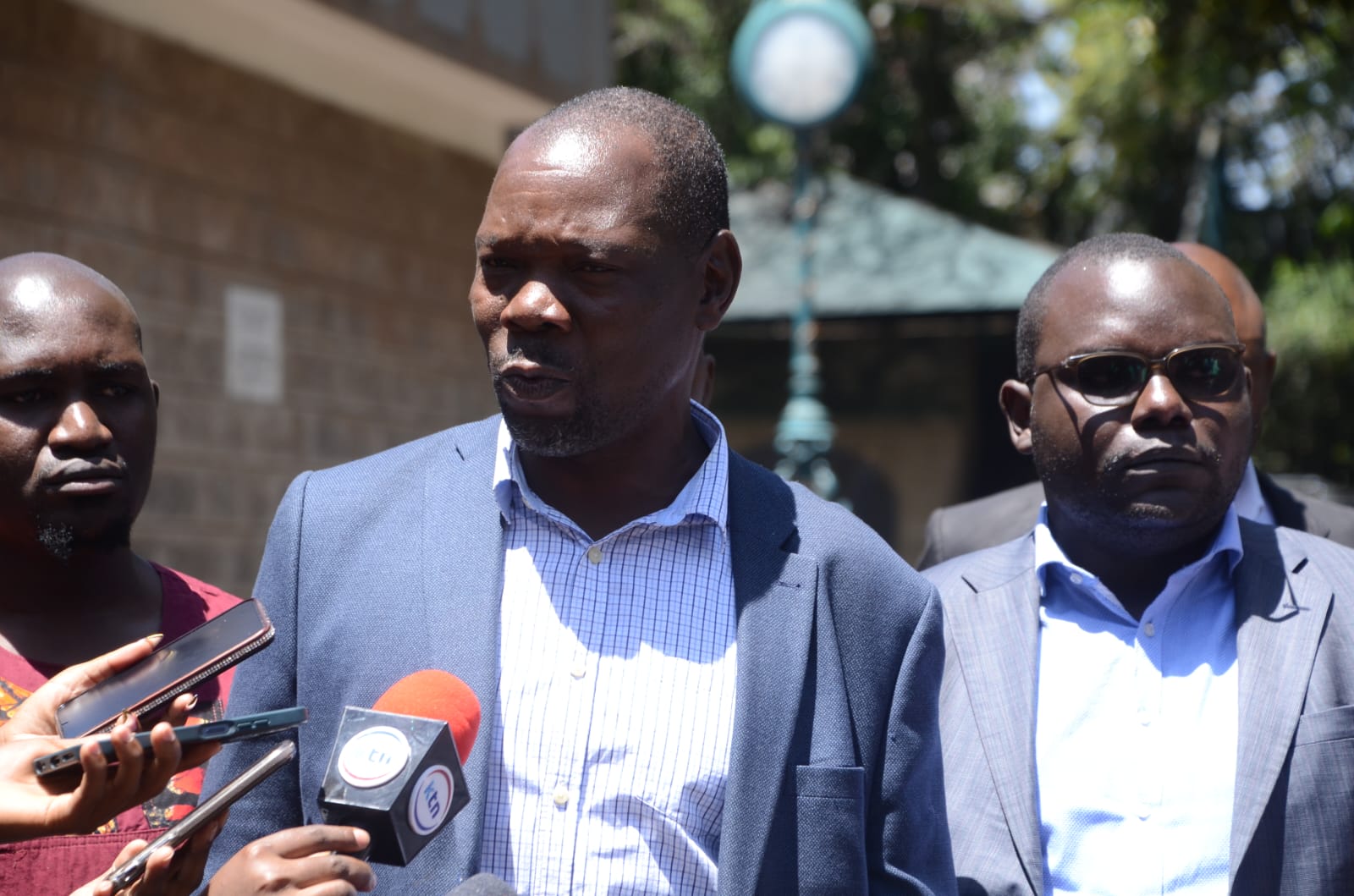IGAD reaffirms commitment in tackling challenges in regional blue economy
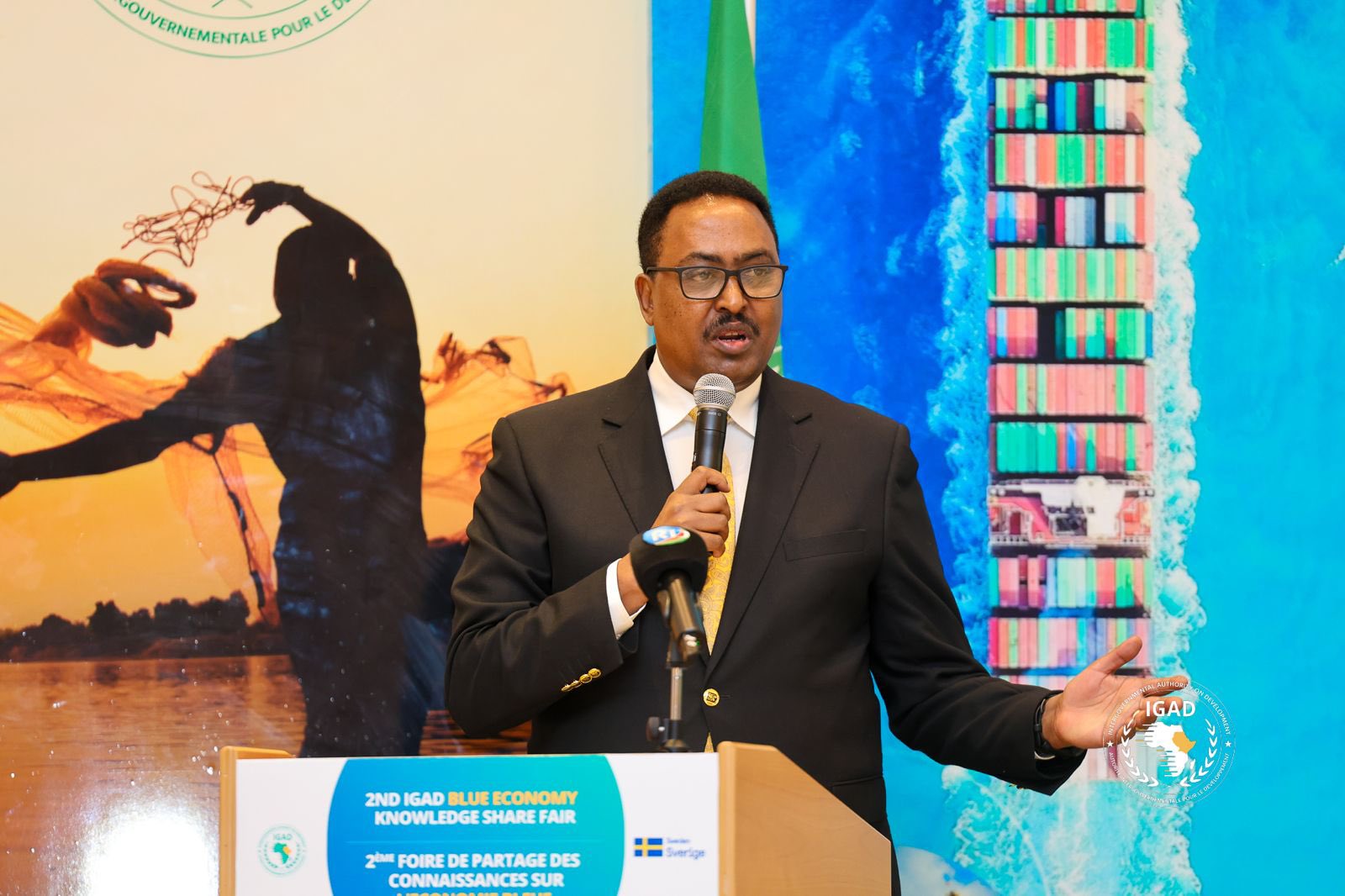
This strategy is designed to guide member states in effectively tackling critical challenges to the growth of the blue economy.
The Intergovernmental Authority on Development (IGAD) has reaffirmed its commitment to revitalise the economic potential of its member states' blue economy by addressing critical challenges hindering its growth.
The region boasts an aggregated exclusive economic zone of 5.8 million square kilometres and close to 1.1 million kilometres of coastline, whose potential remains largely untapped. It also features significant water bodies, such as the Great Lakes, transboundary rivers, and internationally recognised wetlands.
More To Read
- IGAD assumes chairmanship of Inter-Regional Economic Communities coordination platform
- Employers' confederation calls for IGAD support to stabilise Sudan's economy amid conflict
- Met department adopts early warning system to boost disaster preparedness
- Pastoralists to move freely across borders as Cabinet approves IGAD protocol
IGAD Executive Secretary, Workneh Gebeyehu, noted that the bloc is the first under the African Union architecture to develop and adopt a regional blue economy strategy. This strategy is designed to guide member states in effectively tackling critical challenges to the growth of the blue economy.
"The blue economy in our region is largely unexploited. Traditional sectors such as fisheries, tourism, mineral extraction, and marine and river transport show strong evidence of development capacity. At the same time, emerging sectors such as aquaculture, marine biotechnology, desalination, and renewable energy require extra attention as they need substantial investment initiatives," he said.
With Africa’s longest coastline, a key global trade route, and untapped blue economy resources, the IGAD region is poised to unlock its vast potential and drive sustainable growth.
— Dr Workneh Gebeyehu (@DrWorkneh) November 27, 2024
Pleased to inaugurate the 2nd IGAD Blue Economy Knowledge Share Fair alongside the Ministers of… pic.twitter.com/P0bENJkjQ7
Dr Workneh was speaking during the opening of the IGAD Blue Economy Knowledge Share Fair held in Djibouti. The IGAD strategy is based on the premise that Africa's blue economy can significantly contribute to continental transformation, sustainable economic progress, and social development.
The region has an annual capacity of producing about one million tonnes of fish, with approximately three-quarters originating from lakes and rivers, primarily Lake Victoria and the White Nile River. According to the FAO, about 500,000 direct jobs are linked to fisheries capture activities.
The fair offers key decision-makers from member states the opportunity to exchange ideas on best practices in both fisheries and blue tourism.
"In particular, we must focus on empowering coastal communities, especially women, who play a critical role in the fisheries and aquaculture sectors. Gender equity is essential not only for social justice but also for improving food security through enhanced participation of women in decision-making processes related to resource management," added Dr Workneh.
Top Stories Today
